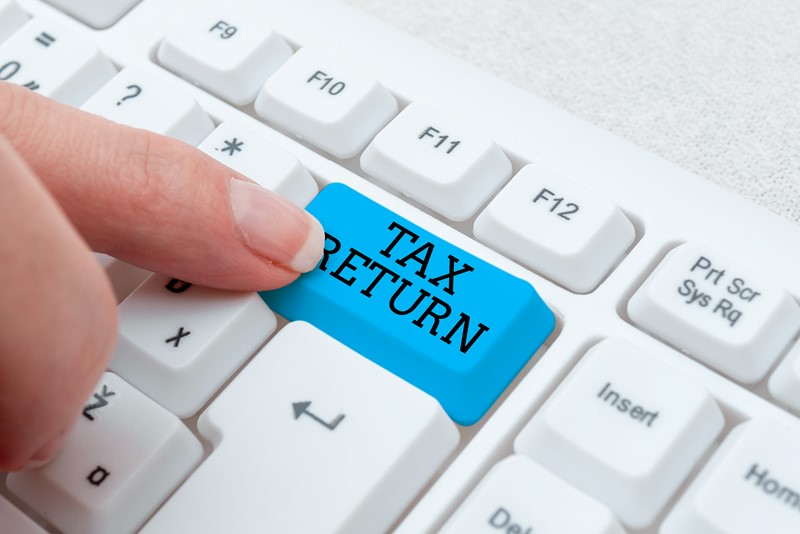There are a number of reasons why you might need to complete a Self-Assessment return. This includes if you are self-employed, a company director, have an annual income over £100,000 and / or have income from savings, investment or property.
Taxpayers that need to complete a Self-Assessment return for the first time should inform HMRC as soon as possible. The latest date that HMRC should be notified is by 5 October following the end of the tax year for which a Self-Assessment return needs to be filed. If you required to submit a Self-Assessment return for 2021-22, you should ensure that you file your tax return electronically and pay any tax due by 31 January 2023.
HMRC has an online tool www.gov.uk/check-if-you-need-tax-return/ that can help you check if you are required to submit a Self-Assessment return.
The list of taxpayers that are usually required to submit a Self-Assessment return includes:
- The self-employed (earning more than £1,000);
- Taxpayers who had £2,500 or more in untaxed income;
- Those with savings or investment income of £10,000 or more before tax;
- Taxpayers who made profits from selling things like shares, a second home or other chargeable assets and need to pay Capital Gains Tax;
- Company directors – unless it was for a non-profit organisation (such as a charity) and you did not get any pay or benefits, like a company car;
- Taxpayers whose income (or that of their partner’s) was over £50,000 and one of you claimed Child Benefit;
- Taxpayers who had income from abroad that they needed to pay tax on;
- Taxpayers who lived abroad and had a UK income;
- Income over £100,000.



